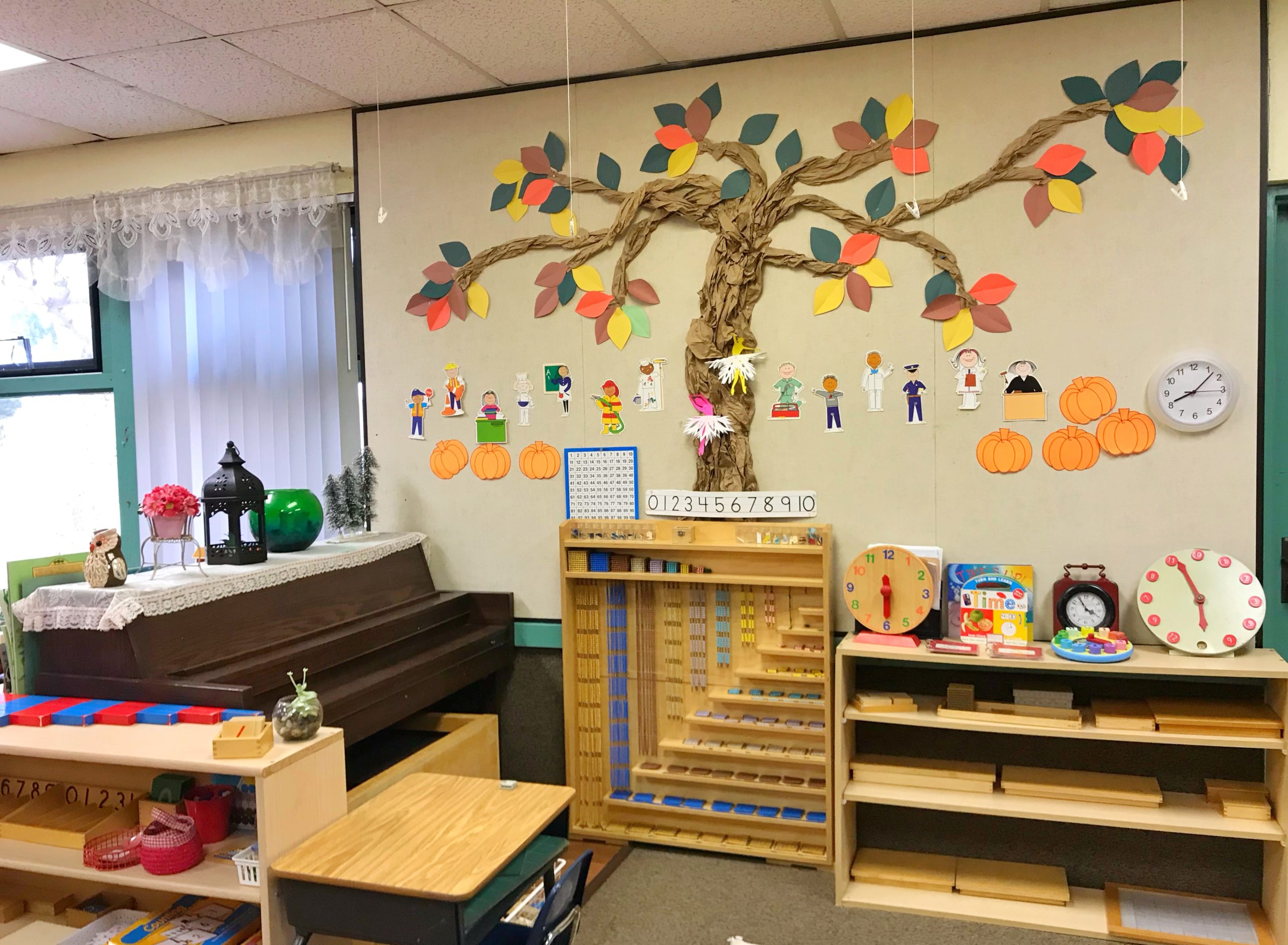
The arrival of a new baby in the family is always a challenge for everyone involved. However, often the ones who suffer the most in this situation are the older siblings. This is because they may feel displaced by their parents as they receive less attention. Therefore, it is important for parents to prepare the older child to avoid jealousy and, in case it arises, to know how to act in this situation, ideally with the help of the Montessori method.
As we have seen, the Montessori method can be applied in any situation, regardless of the teaching style chosen for the child’s education. This is because the Montessori method adapts to the needs of the child, not the other way around. This technique does not seek to mold the child to its style but rather to create tools based on the child’s needs and abilities. Therefore, it is not surprising that the technique designed by educator Maria Montessori can also be applied to address issues such as sibling jealousy. Remember that at Central Montessori Schools (CMS), we have a team of professionals capable of helping your child develop their skills with the help of specialized classes and trained teachers to ensure children’s success in the outside world.
How to Work on Sibling Jealousy
The first thing to consider is that jealousy is a feeling of fear that can develop in anyone in a situation that generates rejection or loss. In children, the fear that develops is related to losing their parents’ affection to a “new” person, regardless of whether it is their sibling. Therefore, parents must be attentive to the signs of jealousy that the child may express before, during, and after the birth of a baby.
Maria Montessori pointed out that children must explore their environment and express their feelings to learn how to handle them in the future. Therefore, it is important not to repress your child’s emotions but to let them out so you can understand what is happening. You can watch for signs that indicate your child is feeling jealous.
Some behaviors related to jealousy over a sibling include: changes in behavior, tantrums, disobedience, regression, mimicking the baby to get attention, sleep disturbances, nightmares, aggression, rejection, low self-esteem, and even loss of appetite. If your child is experiencing this, you should support them and reassure them that they are still special to their parents and that the new baby will not cause them to stop loving them.
The Montessori method suggests that teaching should focus on the child’s environment to help them understand their limitations and overcome them. In this case, the most important thing is for the child to feel involved with the arrival of the new baby, so you can implement age-appropriate activities.
Additional Tips

Reaffirm the Role of Sibling: It is important for the child to feel loved and understand their responsibilities with the new member. You can reaffirm their independence by letting them help choose items for the baby that they think will be useful at different stages. For example, you can let them choose the tub, the clothes for leaving the hospital, the car seat, the carrier, or other important items that will be used frequently with the baby.
Encourage Questions: Remember that the Montessori method works closely with the child’s reality and imagination. Allow your child to ask all kinds of questions about the baby’s arrival. Answer honestly and as close to reality as possible to avoid confusing the child or creating false expectations that might discourage them when the baby is born.
Avoid Comparisons: One common issue in Montessori-based classes is competition among children. Unlike conventional schools, Montessori academies avoid competition, ensuring each child learns at their own pace and style. Following this idea, it is important not to make comparisons between siblings, even as babies. Each child is different, even within the same family. Instead, recognize each child’s effort as an individual. You can even ask the older sibling to motivate the younger one in an activity they are struggling with, without telling them how to do it, to make them feel involved in their sibling’s activities.
Provide Attention: If the older child feels jealous because they feel they have lost their parents’ interest, the best solution is to give attention to the one seeking it. Engage in activities together, go for walks, have a meal with just them, or do other things to show them they are still loved. Additionally, you can have a family talk to let them express their feelings about their sibling and their place in the family.
In conclusion, the Montessori method can be implemented at any stage and in any family situation, such as the arrival of a new baby. It is important for parents to identify if the older sibling is experiencing jealousy to help them overcome their fear. In this case, the Montessori method can be very useful in reaffirming the child’s independence and autonomy while helping them understand their responsibilities and new role with their sibling’s arrival. Remember to talk directly to them and let them express themselves. At CMS, we have specialized programs to help children become responsible, respectful, and aware individuals, qualities they can share with their new sibling.




